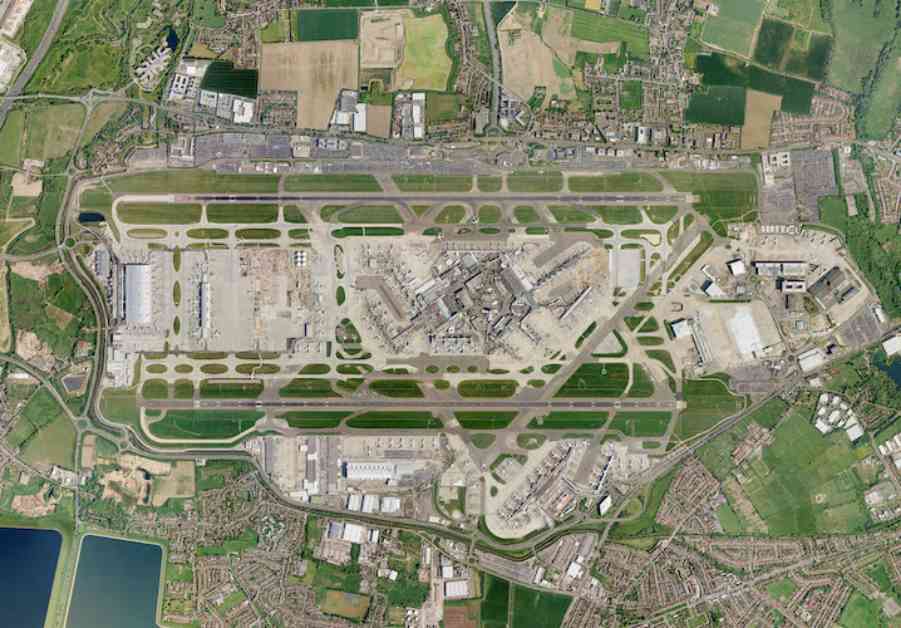In the bustling realm of London politics, a delicate dance unfolds between Labour Mayor Sadiq Khan and the Labour government, brimming with complexities and shifting priorities. With the looming comprehensive spending review on the horizon, slated for June, whispers abound about potential pivots in Khan’s stance regarding the contentious expansion of Heathrow Airport.
Khan, a staunch advocate for securing a long-term funding agreement to bolster London’s global standing and economic prowess, has his sights set on critical projects like the Bakerloo line extension to Lewisham and the Docklands Light Railway extension to Thamesmead. These infrastructural endeavors promise to unlock a wave of new residential opportunities, breathing fresh life into the city’s landscape.
Amidst the fiscal labyrinth, glimmers of optimism surfaced during the autumn budget, with significant capital injections earmarked for Transport for London (TfL) and affordable housing initiatives. However, Rachel Reeves’s recent address, tinged with a “levelling up” ethos, hinted at a strategic shift that could potentially impact London’s trajectory. Even as she cautiously greenlit Heathrow’s expansion, Reeves underscored the importance of spreading growth beyond the confines of London and the southeast.
In a bid to amplify his message, Khan emphasizes that TfL’s investments reverberate far beyond London’s borders, nurturing a network of over 3,000 suppliers across the UK. This symbiotic relationship fuels economic growth, generating ripples of prosperity that extend well beyond the capital’s limits.
As negotiations unfold among TfL, the government, and City Hall, a palpable sense of unease lingers. Khan’s measured optimism about collaborating constructively with Whitehall hints at the unresolved nature of critical funding discussions. The specter of Reeves’s pro-Heathrow stance looms large, casting a shadow of uncertainty over Khan’s ambitious plans, particularly in light of impending expansion approvals for Gatwick and Luton airports.
Voicing concerns about the financial implications of Heathrow’s expansion, Khan raises poignant questions about the allocation of public funds and the potential ramifications on existing infrastructure projects. His strategic gamble on Gatwick’s expansion as a counterweight to Heathrow’s dominance underscores the high-stakes chess game unfolding in London’s political arena.
With the clock ticking and legal challenges mounting, Khan contemplates recalibrating his opposition to Heathrow’s expansion in exchange for a bevy of transport upgrades. This delicate balancing act, as suggested by LCA director Nick Bowes, could pave the way for a slew of transformative changes in East London, serving as a crucial bargaining chip in the political jousting match.
As the dust settles, a glimmer of hope emerges in the form of a novel proposal championed by BusinessLDN, advocating for a fresh financing model to propel key projects like the Bakerloo and DLR extensions. By leveraging the tax increment financing blueprint that fueled the Northern line extension to Battersea, London could unlock a treasure trove of opportunities, fostering new homes and job prospects while reducing reliance on government funding.
While the road ahead may be fraught with complexities and uncertainties, the seeds of change have been sown. As London’s political landscape evolves, the delicate interplay between competing interests and visionary projects underscores the city’s enduring resilience and capacity for transformation. In this intricate dance of progress and pragmatism, the heartbeat of London pulsates with promise and potential, poised on the cusp of a new era of growth and innovation.





















